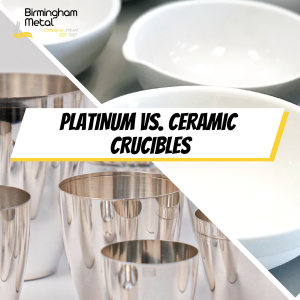Get in touch today!
Think we could help? We would love the opportunity to discuss your project!
Contact Details
UK Address
100 Saltley Road,
Birmingham, B7 4TE
Phone 0121 766 6022
Email enquiries@birminghammetal.co.uk
USA Address
PO Box 935, Yerington,
Nevada, 89447-0935.
Phone 775-463-1750
Email metgomez@aol.com
